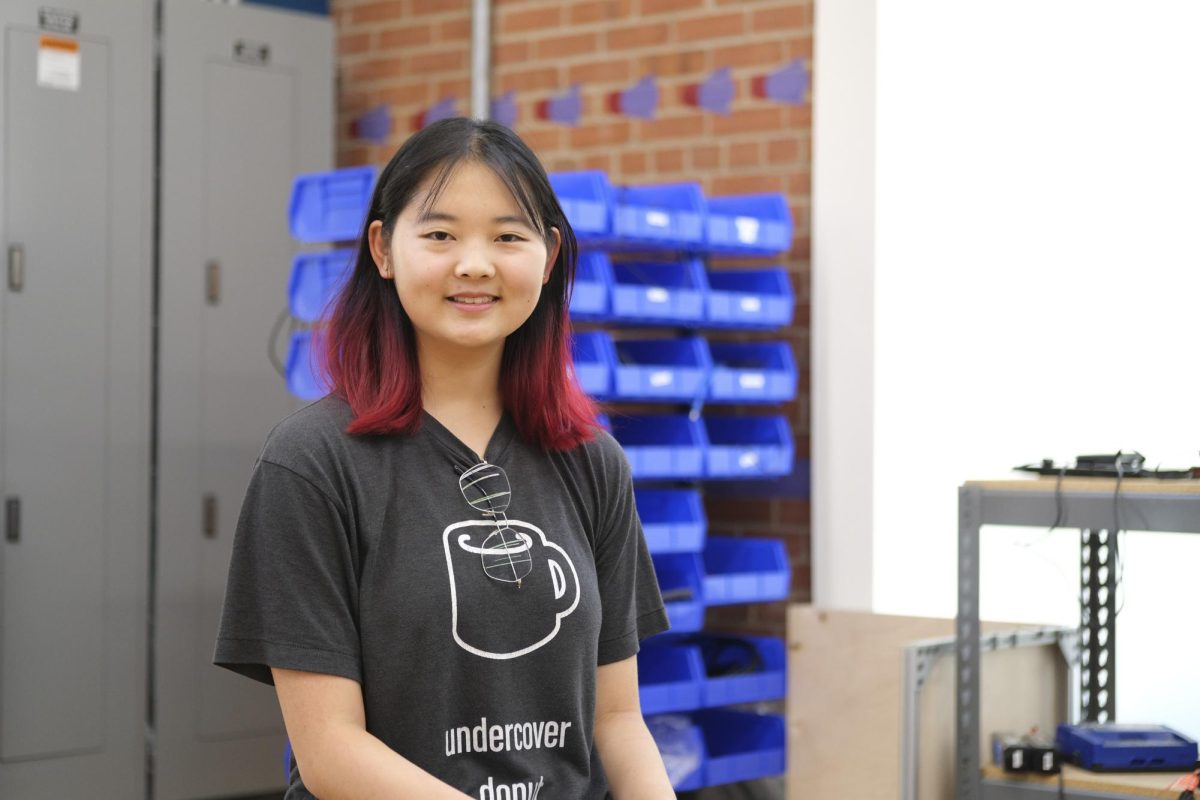The Counseling and Mental Health Center has a new way to promote mental health care for students — by bringing it into their classrooms.
The initiative, “Well-Being in Learning Environments,” is being funded by a $398,000 grant from the Hogg Foundation and will allow CMHC to work with faculty to redesign their classes to better support student mental health.
Katy Redd, CMHC associate director for prevention and outreach, said student mental health should not only be supported by CMHC but also in classrooms.
“We want to be able to provide support for students in classroom settings and also build curriculum in such a way that it better supports students’ mental health,” Redd said.
Some of the changes to support well-being include fostering collaborations instead of competition, helping students deal with subjects that cause anxiety and encouraging student feedback to faculty, said Thea Woodruff, the project’s coordinator.
“Students want a voice in the classroom,” Woodruff said. “Even if things don’t necessarily change, at least they’re being heard.”
The College of Liberal Arts, College of Pharmacy and Department of Electrical and Computer Engineering are the early adopters of this initiative. Woodruff said she hopes the initiative will eventually spread beyond those schools.
Woodruff said she has been meeting with faculty members in the three departments through focus groups to determine what learning environment is best suited to support student mental health in the classroom.
Bryson Duhon, assistant dean of the College of Pharmacy, said faculty have fostered student feedback through by-semester meetings, but he hopes to improve informal interactions between professors and students outside of the classroom.
“We could improve the amount of facilitated interactions students have with faculty outside of class, and also provide them techniques to help manage their time and mental health and well being,” Duhon said in an email.
Woodruff said faculty members are given the autonomy to do what they think works best for their classrooms, instead of having a strict list of things they should implement.
“The key is people don’t like being told what to do, and they want to figure out what’s going to work for them,” Woodruff said. “One of the faculty members has 500 people in their class, and that’s going to look different from a 15-person class. Just like I’m asking them to do for students, we have to do that stuff for faculty too.”





















